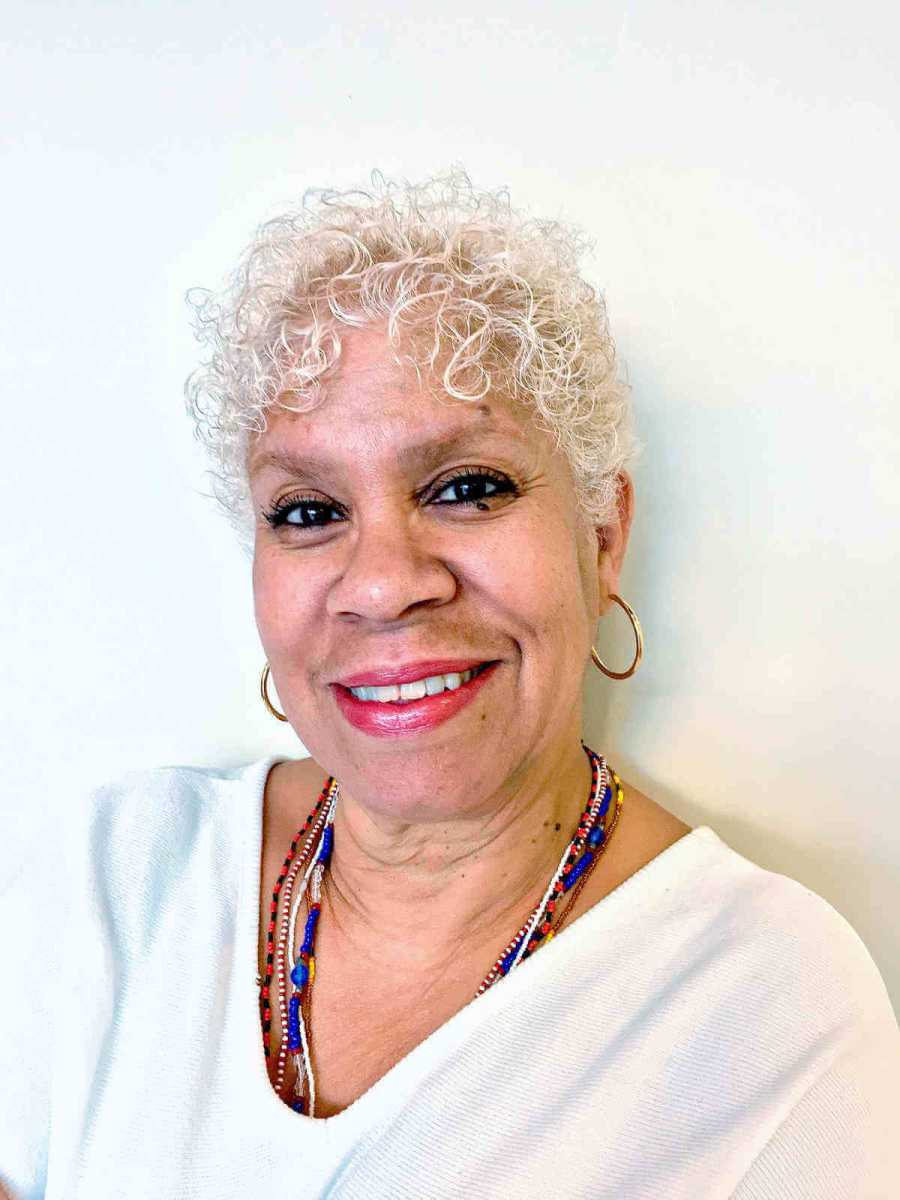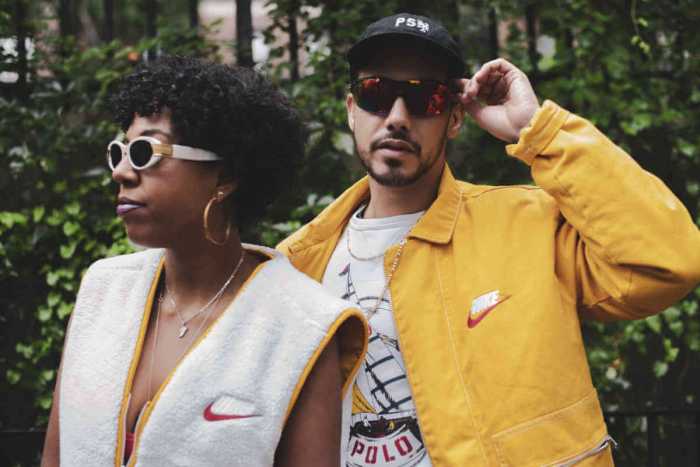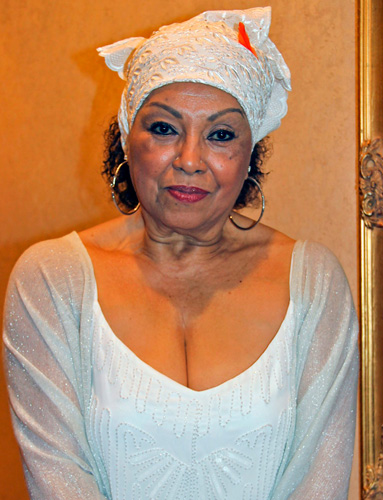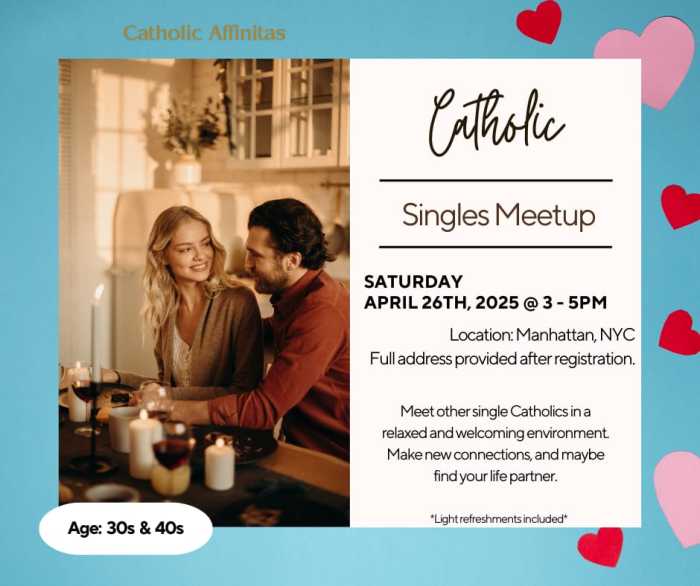The Caribbean Cultural Center African Diaspora Institute (CCCADI) recently appointed a new head for the center. Longtime board member and former deputy director, Melody Capote, is replacing founder Dr. Marta Moreno Vega as the official executive director of the cultural organization. It is the first time the center sees a new chief administrator since Dr. Vega founded it 40 years ago. Now Capote will be working towards preserving the institute’s mission, whilst also bringing in new programs and community awareness. The East Harlem-raised native plans on continuing and honoring the work of her predecessor under her leadership, and prioritizing In an interview, she talks about what is next:
Alexandra Simon: What was your previous role with CCCADI?
Melody Capote: “For 30 of the center’s 40 years, I was functioning as the director of development, doing fundraising, and my focus was on a lot of community work. I was Dr. Vega’s right hand.”
AS: What’s next with the center and in what way will CCCADI change with the departure of Dr. Vega as executive director?
MC: “It’s essential to us to be able to brand the institute as an organization. For so long we’ve been tied to our founder Dr. Vega and one of the concerns was how the institute could live independently of her, and how we could brand the institution in a way that it could stand on its own two feet so we can continue documenting and preserving the world of the African Diaspora.
AS: And what’s next for Dr. Vega?
MC: “She has not retired and will be focusing on new projects both personally and professionally, like teaching, traveling, and advocacy work. She will also continue to support CCCADI as an Advisor to the Board of Directors.”
AS: How has the center been vital in celebrating the African Diaspora in the city?
MC: “In our 40 years, we were the only ones using the word Diaspora — no one really knew what it was even in name. So we understand in talking about the dispersal of African people around the world, we were sharing something important and segmenting who we are.”
AS: CCCADI established itself as a purveyor of cultures in the African Diaspora. What was the journey of that like coming into formation?
MC: “We said ‘Let’s take a common thread that we share and highlight that.’ Because certainly while there are differences in how colonization affected all of us, when you look at all the contributions we’ve made as black people and the creative experience — we are similar. And we are really putting on a platform for the scholars of our community, which is much different than what other centers have done.”
AS: What are some new things in particular and changes coming to CCCADI?
MC: “We are building the brand and we want to sustain and stabilize the organization and diversity in our funding, because most of our funding is state and federal.
We don’t want to excuse these public funds, but we are looking at the private sector, because we find sometimes corporate sponsors aren’t consistent. And that’s where we hope the community comes in.
AS: Explain how CCCADI has remained a cultural force with its various programming and outreach, and continuing that.
MC: One of the big successes of the organization has been collaborating with other organizations over the years. Because in true spirit, it’s about coming together and addressing concerns and issues that affect our community. We often bring in experts and sponsors to make effective programming happen. We also use books to affect social justice, but we’d also like to partner more with groups that focus on mental health, sports, and wellness. We are also working with our faith-based institutions and forming real partnerships and how we come together on a regular basis, to have conversation and offer the space. We don’t just offer it as a venue, but as a safe space that allows us to speak honestly from the heart and share ideas and resolutions.”
AS: What are some challenges CCCADI has encountered, and how do you hope to confidently move beyond that whilst being true?
MC: “We can never compete with the Museum of Modern Art for funding. They get special funding to attract a diverse multicultural crowd and you have major institutions pumping into them. But when you are a cultural organization rooted in ground work, a lot of times sponsors don’t know who our artists and scholars are. We are also very careful which corporate sponsors we work with. We remain very conscious of that and we don’t take liquor or tobacco sponsors, or companies that have been detrimental to our community.”
AS: In what ways can the community provide support to CCCADI?
MC: “The center does so much more than entertaining — it’s also about education and informing, and it’s important that this is the direction we’re going in. Under my leadership and my support we want to bring in individual donors and consistent donors — small and large, giving regularly.
If someone wants to commit and can’t do $100 a year, we’ll take $10 a month. We want our community to find a way to be part of the growth.”


























